Did you know that cardiovascular disease is still the leading cause of death worldwide, accounting for nearly 18 million lives every year according to the World Health Organization? That’s one in three global deaths. Many people spend years struggling with high cholesterol, high blood pressure, or clogged arteries, often without realizing it until symptoms become severe. But what if there were simple, natural ways to support your heart and circulation in addition to your doctor’s advice?
For centuries, cultures around the world have turned to fruits, vegetables, and herbs as powerful allies for circulatory health. And today, modern research is shining a light on how natural juices made from certain ingredients may contribute to supporting healthier arteries. One fascinating claim is that drinking just a glass of certain homemade juice daily could help your body naturally cleanse itself and promote smoother blood flow.
In this article, you’ll discover what science says about clogged arteries, which natural juices may help, how to prepare them at home, and how to weave them into your lifestyle. While no juice is a miracle cure, the right combination of nutrients can play an important role in supporting long-term heart health.
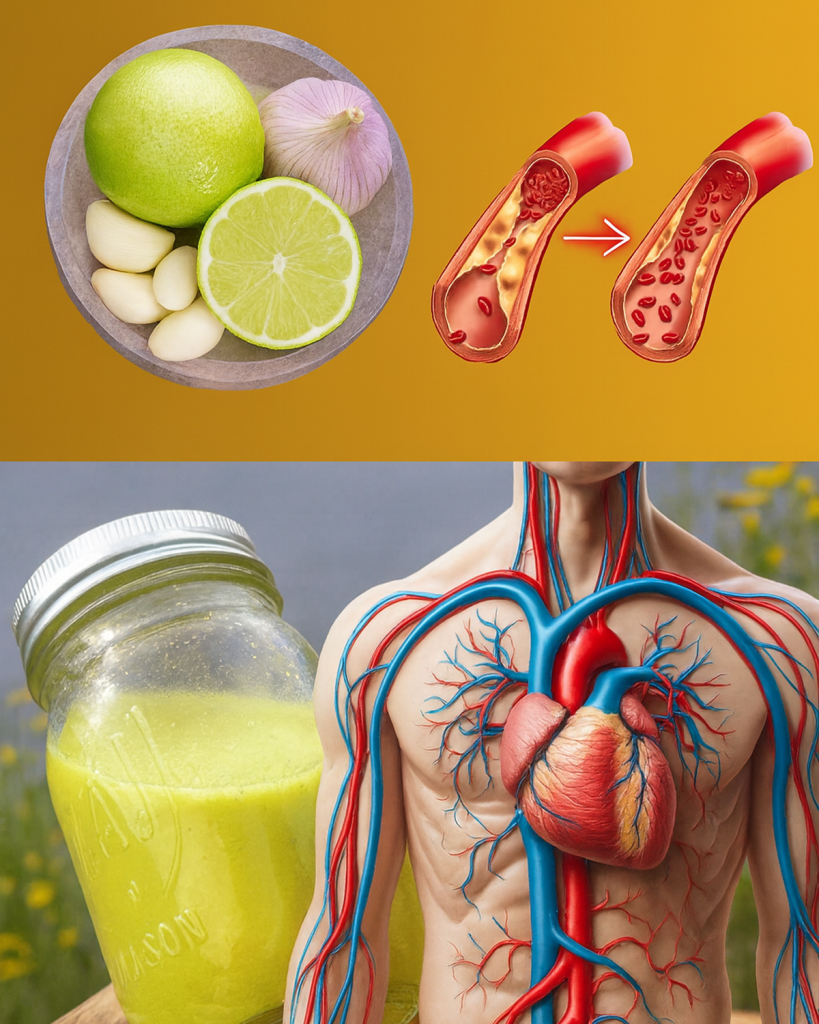
What Are Clogged Arteries and Why Do They Matter?
Arteries are like the body’s highways, carrying oxygen-rich blood from the heart to every part of the body. Over time, however, fatty deposits known as plaque can build up inside artery walls, narrowing them and restricting blood flow. This condition is called atherosclerosis.
If left unchecked, clogged arteries may lead to:
- Chest pain or angina
- High blood pressure
- Stroke
- Heart attack
Medical treatment and lifestyle changes remain the most effective ways to manage atherosclerosis, but diet plays a critical role too. Certain foods and juices provide antioxidants, vitamins, and compounds that may help reduce oxidative stress, balance cholesterol, and support circulation.
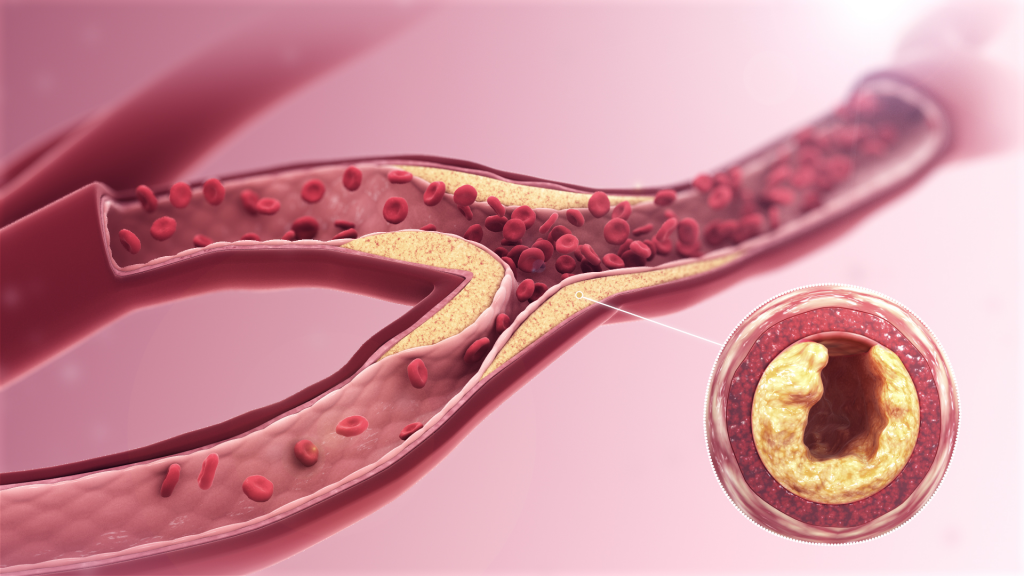
Juices That May Support Artery Health
Here are some natural juices often discussed in relation to cardiovascular wellness. Each one offers its own unique set of compounds that could be beneficial when paired with a balanced lifestyle.
1. Pomegranate Juice
Rich in antioxidants called polyphenols, pomegranate juice may help reduce oxidative stress and support blood vessel flexibility. Some studies suggest it may also assist with lowering blood pressure.
2. Beetroot Juice
Beets are high in dietary nitrates, which the body converts into nitric oxide. This molecule helps relax blood vessels, improving circulation and potentially lowering blood pressure.
3. Lemon and Ginger Juice
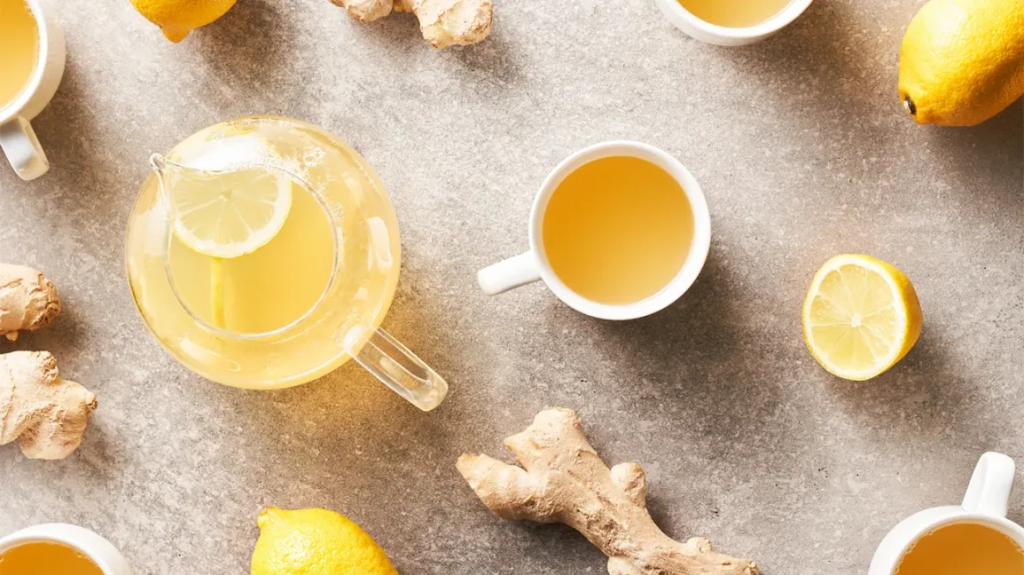
Lemon provides vitamin C, an antioxidant that supports vascular health, while ginger has bioactive compounds like gingerol that may reduce inflammation and improve circulation.
4. Carrot and Orange Juice
Carrots offer beta-carotene and fiber, while oranges provide vitamin C and flavonoids. Together, they may help manage cholesterol levels and protect arterial walls.
5. Apple and Celery Juice
Apples are rich in pectin, a soluble fiber linked with cholesterol balance, while celery is known for its phytonutrients that support blood pressure regulation.
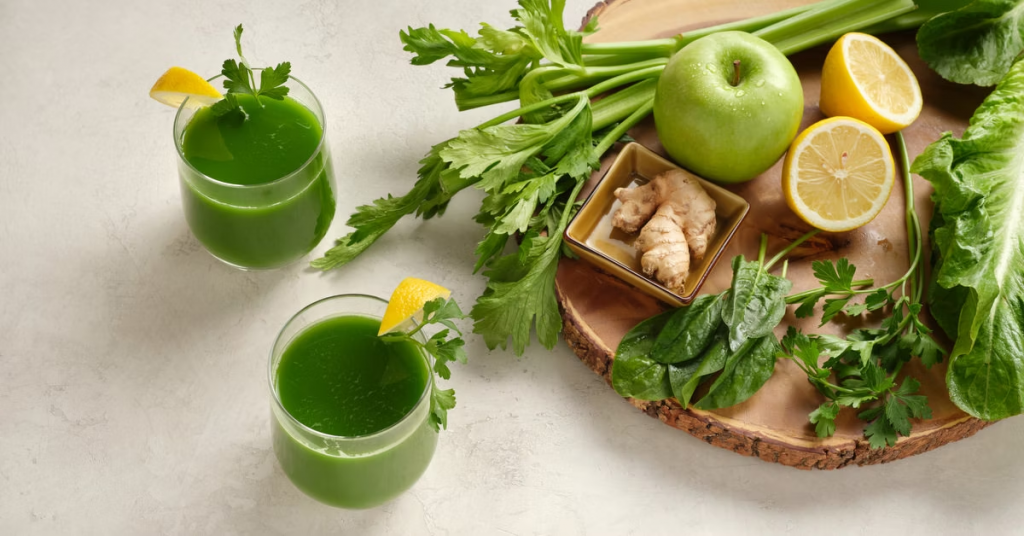
A Simple Juice Recipe for Heart Support
Here’s one easy recipe often recommended as a daily tonic:
Ingredients
- 1 medium beetroot
- 1 lemon (juiced)
- 1 small piece of ginger (1–2 inches)
- 1 cup water
Instructions
- Wash and peel the beetroot and ginger.
- Chop into small pieces and blend with water.
- Add the fresh lemon juice.
- Strain if desired, or enjoy with pulp for extra fiber.
Drink one glass in the morning for the best effect. This combination provides nitrates from beets, vitamin C from lemon, and anti-inflammatory compounds from ginger.
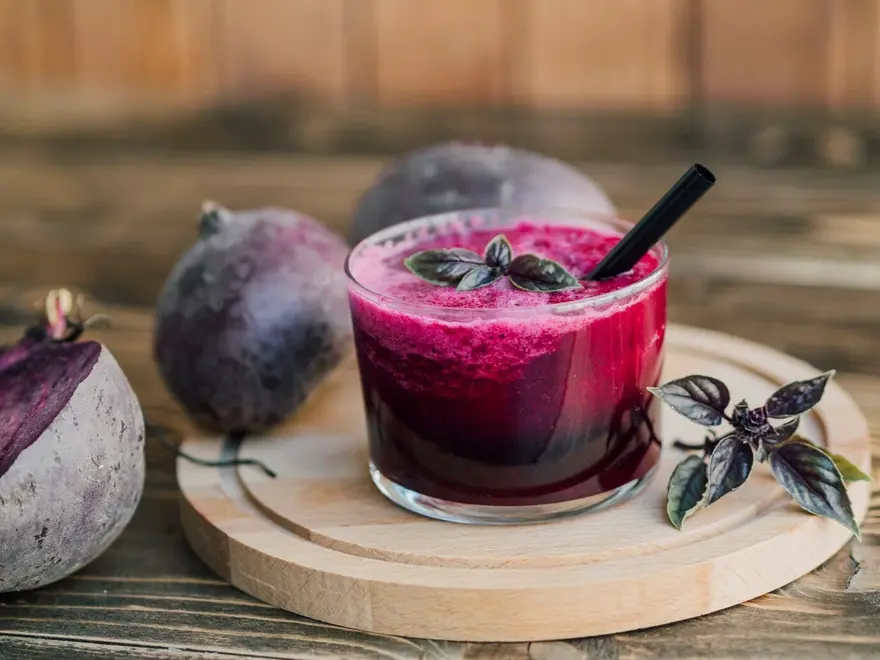
Real-Life Experiences
Anna, a 60-year-old retiree, began drinking beetroot and lemon juice every morning after her doctor encouraged more plant-based foods. Within two months, she noticed higher energy levels and steadier blood pressure readings. While she still takes her prescribed medication, the juice has become a ritual she looks forward to daily.
Similarly, many wellness communities online share stories of incorporating natural juices into their diets to complement medical treatment. Although these are personal experiences rather than scientific studies, they reflect a growing interest in food as a form of self-care.
Comparing Juice Options for Artery Health
| Juice Blend | Key Nutrients | Potential Benefits |
|---|---|---|
| Pomegranate | Polyphenols, vitamin C | Supports blood vessels, antioxidants |
| Beetroot + Lemon + Ginger | Nitrates, vitamin C, gingerol | Improves circulation, lowers blood pressure |
| Carrot + Orange | Beta-carotene, flavonoids | Cholesterol balance, antioxidant |
| Apple + Celery | Pectin, phytonutrients | Supports digestion, vascular health |
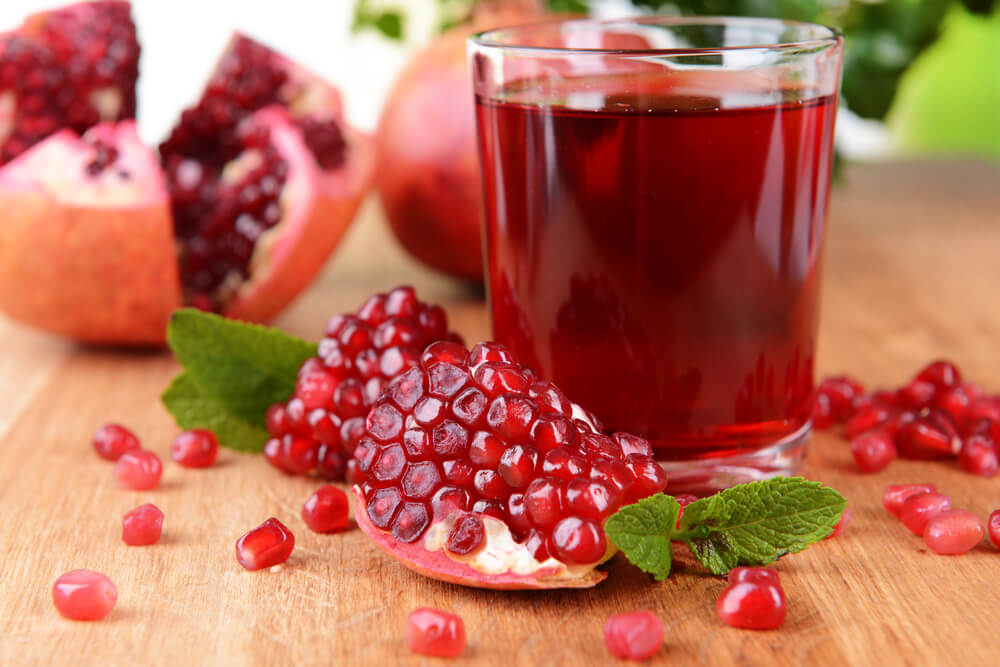
Practical Tips to Make the Most of These Juices
- Consistency matters: One glass won’t make a difference overnight. Aim for regular intake alongside a balanced diet.
- Limit sugar: Use whole fruits and vegetables instead of bottled juices, which often contain added sugars.
- Pair with lifestyle changes: Exercise, hydration, and quitting smoking are essential for artery health.
- Consult your doctor: Especially if you are taking blood pressure or cholesterol medications, as some juices (like grapefruit) can interact with prescriptions.
Conclusion
A single glass of natural juice won’t magically unclog arteries, but the right blend of nutrient-rich ingredients may support your cardiovascular system and help you feel more energized. By combining juices like beetroot, lemon, and ginger with a heart-healthy lifestyle, you give your body the best chance to thrive.
Key takeaways:
- Clogged arteries are a serious health risk, but diet plays an important role in prevention.
- Natural juices rich in antioxidants, fiber, and nitrates can support better circulation and vascular health.
- Consistency and moderation are essential—use juices as part of a holistic wellness approach.
This article is for informational purposes only and does not replace medical advice. Always consult your healthcare provider before making significant changes to your diet, especially if you have existing health conditions or take medications.




